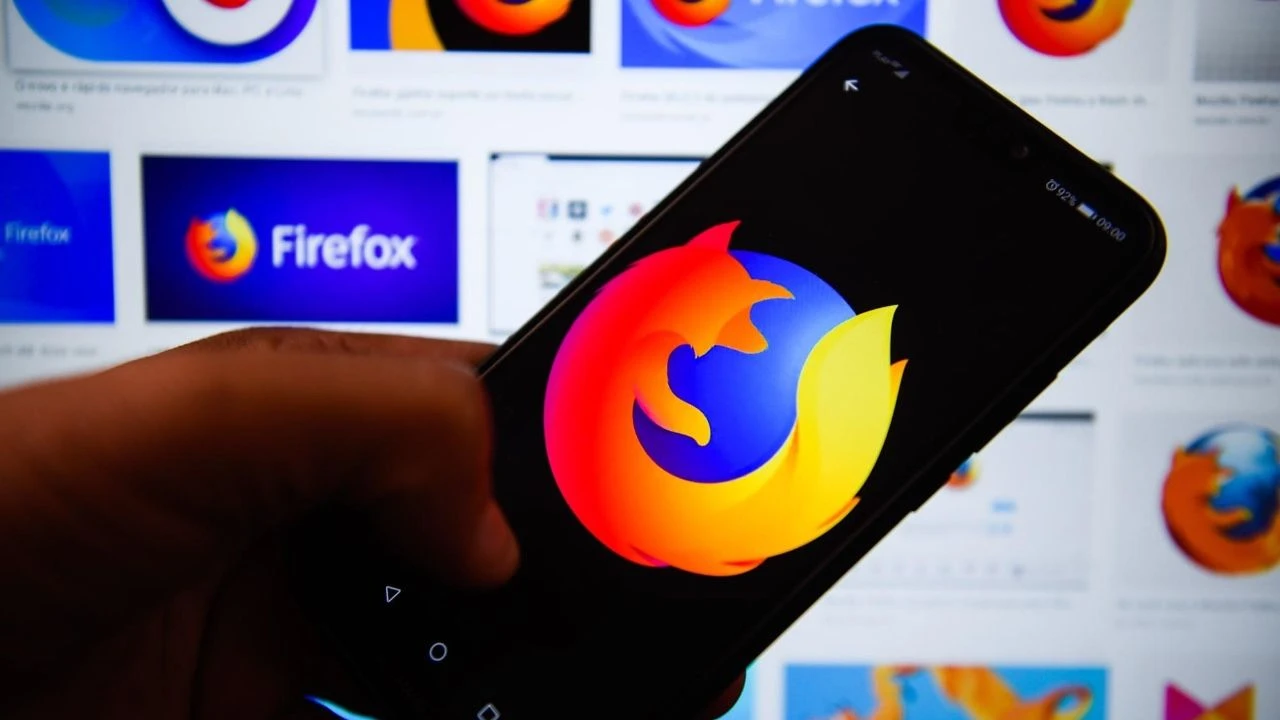Mozilla’s new Terms of Use for Firefox have caused a great deal of controversy. Users reacted due to vague statements that the company believed gave them the right to use all kinds of data entered through the browser. Mozilla argued that these changes did not bring any change in data usage, that they just wanted to make their relationship with users more transparent. However, many people did not find this explanation sufficient. Here are the details…
New Terms of Use from Mozilla: Why are Firefox users worried?
Mozilla announced Firefox’s new Terms of Use and Privacy Policy on Wednesday. The company stated that they aimed to explain their rights and permissions to their users more clearly with these updates. However, some statements in the terms in question attracted great backlash. In particular, the language implying that users have given permission for Mozilla to use the information they enter through Firefox increased concerns.

Following the reactions, Mozilla updated its blog post and stated, “These terms do not give Mozilla ownership over user data and do not allow us to use the data in a way different from what is stated in the Privacy Policy.” However, some names, such as Brave CEO Brendan Eich, have criticized this situation harshly.
Mozilla states that its new policies are designed to explain how Firefox works with artificial intelligence features. The company emphasized that if users choose to use third-party artificial intelligence chatbots, their data is processed according to the relevant company’s policies. It also stated that Firefox’s own artificial intelligence features work locally and do not send user data to Mozilla.
In addition, it is known that Mozilla earns revenue by showing ads in Firefox. The company announced that it only shares anonymous or aggregated data with its advertising partners and that users can turn off data processing for advertising purposes from the settings.
Despite all these explanations, the concerns of users have not yet been fully resolved. Considering Firefox’s already shrinking market share, this discussion could further challenge the future of the browser.
So what do you think about this issue? You can share your views with us in the Comments section below.














